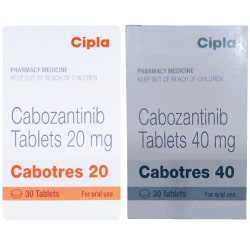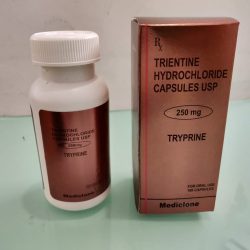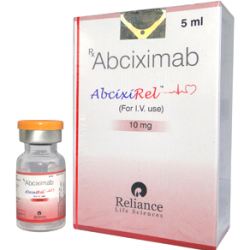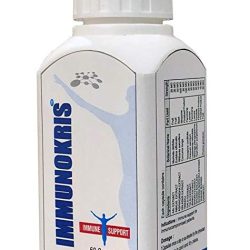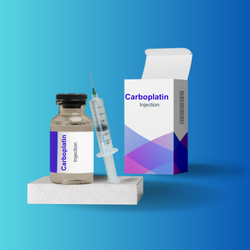Description
Cabozantinib Uses:
Cabozantinib tablet is a kinase inhibitor used for the treatment of:
- patients with advanced renal cell carcinoma (RCC).
- patients with advanced RCC, as a first-line treatment along with nivolumab.
- patients with hepatocellular carcinoma (HCC) who have been previously taken treatment with sorafenib.
Dosage:
The recommended dosage of Cabozantinib tablet as a single agent for Renal Cell Carcinoma and Hepatocellular Carcinoma is 60 mg orally, once daily without food until disease progression or unacceptable toxicity.
The recommended dosage of Cabozantinib tablet for Renal Cell Carcinoma (RCC) is 40 mg orally, once daily, administered in combination with nivolumab 240 mg every 2 weeks or 480 mg every 4 weeks. Do not administer Cabozantinib with food. Administer at least 60 minutes prior to or at least 120 minutes after eating. Swallow Cabotres tablets whole without crushing. Do not take the missed dose within 12 hours of the next scheduled dose. Do not substitute tablets of Cabotres with Cabotres tablets. Stop Cabozantinib tablets treatment at least 3 weeks prior to scheduled surgery, including dental surgery.
Side Effects:
The most commonly reported side effects are:
as a single agent: fatigue, diarrhea, decreased appetite, PPE, nausea, vomiting, hypertension, weight decreased, constipation, dysphonia.
in combination with nivolumab: diarrhea, hepatotoxicity, PPE, fatigue, stomatitis, hypertension, hypothyroidism, musculoskeletal pain, rash, decreased appetite, nausea, dysgeusia, cough, abdominal pain, and upper respiratory tract infection.
Warnings and Precautions:
- Severe and fatal hemorrhages occurred with Cabozantinib tablets. The incidence of Grade 3-5 hemorrhagic events was noted in Cabozantinib-treated patients in RCC and HCC studies. Discontinue treatment for Grade 3/4 hemorrhage. Avoid administering it to patients who have a known history of hemorrhage, including hematemesis, hemoptysis, or melena.
- Fistulas, Gastrointestinal perforations, including fatal cases, occurred in Cabozantinib-treated patients. Monitor patients for signs/symptoms of fistulas and perforations, including abscess and sepsis. Discontinue treatment in patients who experience a Grade-4 fistula or a Gastrointestinal perforation.
- Cabozantinib can cause hypertension, including hypertensive crisis. Hypertension was reported in Cabozantinib-treated patients. Do not initiate the treatment in patients with uncontrolled hypertension. Monitor blood pressure on a regular basis during treatment.
- Diarrhea occurred in patients treated with this medicine. Withhold treatment until improvement to Grade-1 and resume treatment at a reduced dose for intolerable Grade-2 diarrhea, Grade-3 diarrhea that cannot be managed with standard anti diarrheal treatments, or Grade-4 diarrhea.
- Cabozantinib along with nivolumab can cause hepatotoxicity with higher frequencies of Grades 3/4 ALT/AST elevations compared to Cabozantinib alone. Monitor liver enzymes before initiation of and throughout treatment. Consider frequent monitoring of liver enzymes as compared to when the medicines are administered as single agents.
- Proteinuria was noted in 7 percent of patients receiving this medicinal product. Monitor urine protein on a regular basis during treatment. Discontinue this medicine in those patients who develop nephrotic syndrome.
- Wound complications occurred with Cabotres Tablet. Withhold treatment for at least 3 weeks prior to elective surgery. Avoid administering this medication for at least two weeks after major surgery and until adequate wound healing.
- Treatment with cabozantinib can cause fetal harm if used by a pregnant woman. Instruct pregnant women of the potential risk to a fetus. Instruct females of reproductive age to use effective contraception during treatment and for 4 months after the last dose.

